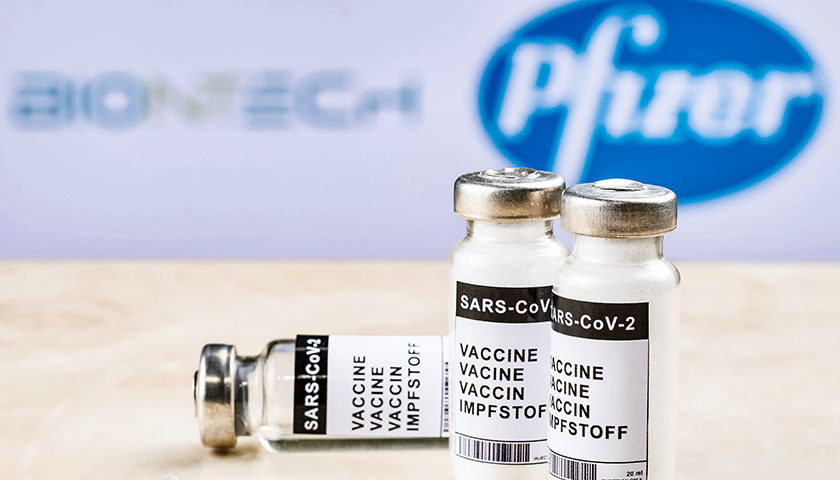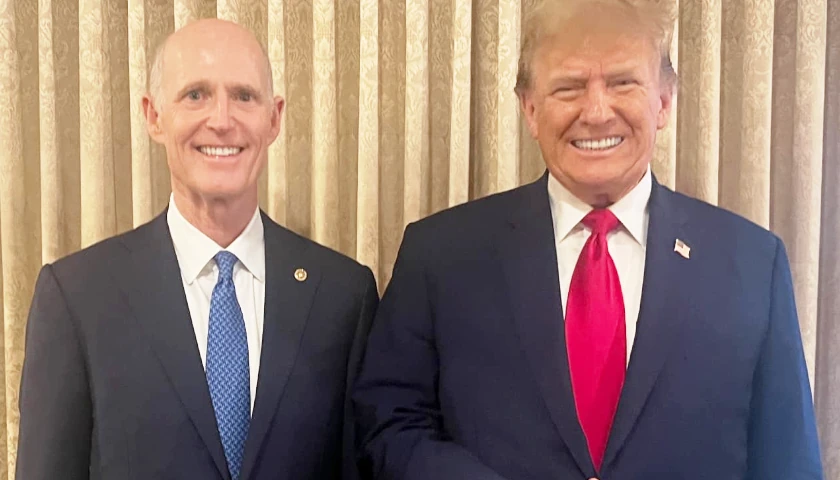by Harry Wilmerding
BioNTech, the vaccine maker collaborating with Pfizer, is set to seek worldwide approval for its COVID-19 vaccine for children between the ages of 5 and 11 within the coming weeks, according to company executives.
“Already over the next few weeks, we will file the results of our trial in five to 11-year olds with regulators across the world and will request approval of the vaccine in this age group, also here in Europe,” Chief Medical Officer Oezlem Tuereci told Der Spiegel, according to Reuters.
“Already over the next few weeks we will file the results of our trial in 5 to 11 year olds with regulators across the world and will request approval of the vaccine in this age group, also here in Europe,”
h/t @kyle_minogue https://t.co/wkVB89x1iu— Jason Kindrachuk, PhD (@KindrachukJason) September 10, 2021
BioNTech entered a relationship with Pfizer in 2018 and the two companies have worked together to develop mRNA vaccines for diseases such as COVID-19, according to Market Watch.
 BioNTech said it expected to file its formal request to approve the vaccine for children aged 5 to 11 in September and for 6-month-olds to 2-year-olds later this year, according to Reuters.
BioNTech said it expected to file its formal request to approve the vaccine for children aged 5 to 11 in September and for 6-month-olds to 2-year-olds later this year, according to Reuters.
The trial data is now being prepared for regulatory filings, and “things are looking good, everything is going according to plan,” BioNTech Chief Executive Ugur Sahin told Der Spiegel, according to Reuters.
Sahin urged unvaccinated individuals to take the shot before an expected spike of infections this fall, according to The New York Times. “There are still about 60 days left for us as a society to avoid a tough winter.”
Moderna is also looking to make vaccines available for kids under 12 years old, according to Reuters. The company announced Thursday that it had begun testing the vaccine for kids between 6 and 11 years old.
The U.S. and the EU authorized the use of the Pfizer-BioNTech vaccine in kids 12 to 15 years old on May 10.
– – –
Harry Wilmerding is a reporter at Daily Caller News Foundation.
Photo “Pfizer Vaccine” by Marco Verch CC BY 2.0.




